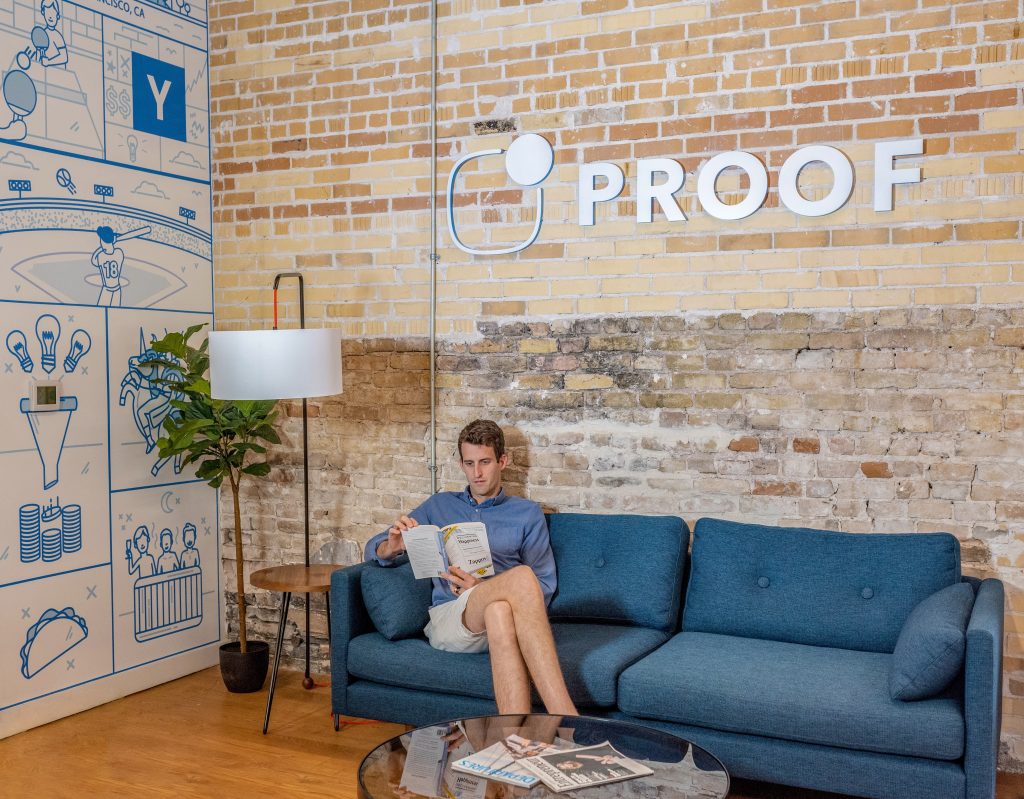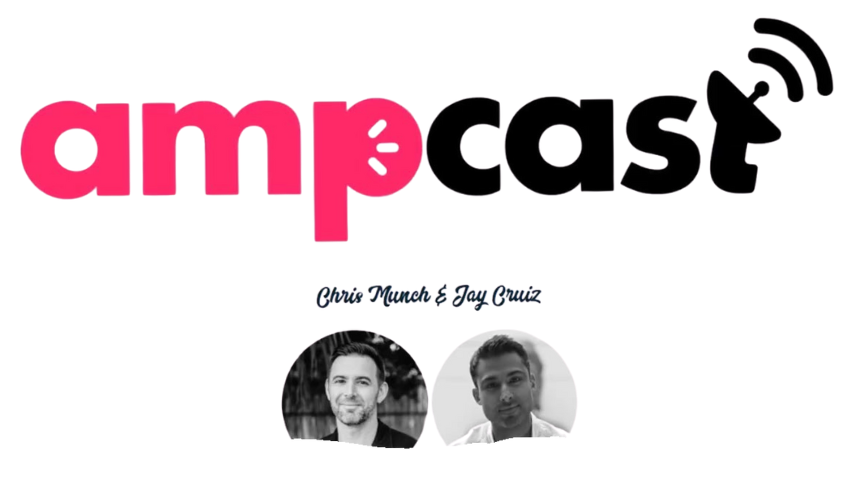SEO Vs. PPC: Which Strategy Delivers Better Results?
In this article, we will discuss the difference between content SEO and PPC advertising and which strategy can yield better results for your business. By exploring the advantages and disadvantages of both methods, you will gain a clearer understanding of how to effectively drive traffic, reach your target audience, and increase conversion rates. Whether you’re looking to optimize your website’s content or invest in paid advertising, we’ve got you covered with valuable insights to help you make an informed decision that aligns with your business goals.
Introduction
In today’s digital landscape, businesses rely on various marketing strategies to increase their online presence and drive traffic to their websites. Two popular strategies that often come up in discussions are Search Engine Optimization (SEO) and Pay-Per-Click (PPC) advertising. Both aim to improve a website’s visibility and attract relevant visitors, but they differ in terms of approach and outcome. This article will explore the benefits of SEO and PPC, outline the differences between the two strategies, and help you determine which one is best suited for your business.
What is SEO
Definition of SEO
SEO stands for Search Engine Optimization. It is the practice of optimizing a website to improve its visibility and ranking on search engine results pages (SERPs). The goal of SEO is to make the website more attractive to search engines like Google, Bing, and Yahoo, so they rank it higher in organic search results.
Importance of SEO
SEO is crucial for businesses because the majority of online experiences begin with a search engine. When users search for products or services related to your industry, you want your website to appear on the first page of search results. Studies have shown that websites ranking higher in search results receive a higher click-through rate, resulting in more organic traffic and potential customers.
How SEO works
SEO involves implementing various techniques to optimize a website’s content, structure, and performance. It includes keyword research, on-page optimization, off-page optimization, technical SEO, and user experience improvements. By following best practices and staying up-to-date with search engine algorithm changes, you can gradually improve your website’s visibility and organic rankings.

Benefits of SEO
Increased organic traffic
One of the significant benefits of SEO is the potential for increased organic traffic. When your website ranks higher in search engine results, it becomes more visible to users actively looking for products or services you offer. This targeted traffic is more likely to convert into customers, leading to increased sales and revenue for your business.
Cost-effective
Compared to PPC advertising, SEO can be a more cost-effective strategy in the long run. While it requires an initial investment of time and resources to optimize your website, the ongoing costs are relatively low. Once your website starts ranking well in organic search results, you can attract continuous traffic without paying for each click.
Long-term sustainability
Unlike PPC campaigns that can stop delivering results as soon as you stop paying for ads, SEO has a long-term impact on your website’s visibility. With proper maintenance and updates, the SEO efforts you put in can continue to drive organic traffic to your website for years to come. This sustainable approach allows you to build a solid online presence and establish your brand as an authority in your industry.
What is PPC
Definition of PPC
PPC stands for Pay-Per-Click. It is an online advertising model in which advertisers pay a fee each time their ad is clicked. PPC ads are usually displayed at the top or bottom of search engine results pages, marked as “sponsored” or “ad.”
Importance of PPC
PPC is essential for businesses that want immediate visibility and quick results. While SEO takes time to deliver significant improvements, PPC can instantly place your ads in front of your target audience. It allows you to reach potential customers who may not necessarily find your website through organic search results.
How PPC works
PPC campaigns involve bidding on keywords and creating targeted ads that will be shown when users search for those keywords. Advertisers can set a maximum budget for their campaigns, and they are only charged when someone clicks on their ads. PPC platforms, such as Google Ads and Bing Ads, use complex algorithms to determine the placement and cost of each ad.

Benefits of PPC
Immediate results
PPC is known for delivering immediate results. As soon as your campaigns go live, your ads will start appearing on search engine results pages. This means that you can quickly generate traffic and potentially acquire new customers. It is an ideal strategy for businesses looking for an immediate boost in visibility and sales.
Targeted advertising
PPC allows you to target specific keywords, demographics, locations, and other criteria to reach your ideal audience. You have control over who sees your ads, ensuring that they are shown to users who are most likely to be interested in your products or services. This targeted approach can result in higher conversion rates and a better return on investment (ROI) for your advertising budget.
Control over budget
With PPC, you have complete control over your advertising budget. You can set daily spending caps, bid amounts, and adjust your campaigns based on their performance. This flexibility allows you to allocate your budget effectively and make changes in real-time to optimize your campaigns for maximum results. Additionally, since you only pay when someone clicks on your ads, you can track and measure the effectiveness of your campaigns accurately.
Differences between SEO and PPC
Cost
One of the most significant differences between SEO and PPC is the cost. SEO typically requires an investment in time and resources to optimize your website and build its authority. While it may take months to see significant improvements in organic rankings, the ongoing cost can be relatively low. PPC, on the other hand, requires a financial investment for each click on your ads. Depending on the competitiveness of your industry and the keywords you target, PPC advertising costs can add up quickly.
Traffic source
Another difference lies in the source of traffic. SEO focuses on organic traffic, which comes from users finding your website through search engines. These users have actively searched for specific keywords or phrases related to your business. PPC, on the other hand, generates traffic from paid ads displayed on search engine results pages or other online platforms.
Timeframe
SEO is a long-term strategy that requires patience and consistency. It takes time for search engines to crawl and index your website’s content, evaluate its quality and relevance, and adjust your organic rankings accordingly. Results may not be immediate, but with ongoing effort, you can gradually improve your website’s visibility and organic traffic. PPC, on the other hand, can deliver immediate results as soon as your campaigns go live. However, the impact of PPC campaigns can be short-lived, as they stop generating traffic once you stop paying for ads.

Determining the Right Strategy
When deciding between SEO and PPC, you should consider various factors based on your business goals and resources.
Considerations for SEO
- Long-term goals: If you are looking for sustainable results and long-term visibility, investing in SEO is crucial.
- Budget constraints: SEO can be more cost-effective in the long run, but it requires an initial investment of time and resources.
- Timeframe: If you need immediate results, SEO may not be the best choice, as it can take months to see significant improvements.
Considerations for PPC
- Immediate visibility: If you want to quickly generate traffic and sales, PPC can deliver immediate results.
- Budget flexibility: PPC allows you to allocate your budget effectively and make real-time adjustments to optimize your campaigns.
- Targeted advertising: If you have a specific target audience or want to promote certain products or services, PPC offers precise targeting options.
Combining SEO and PPC
It’s important to note that SEO and PPC are not mutually exclusive strategies. In fact, a combination of both can yield even better results. By optimizing your website for organic search and running targeted PPC campaigns, you can benefit from both long-term sustainability and immediate visibility. SEO can help establish your website’s authority and attract organic traffic, while PPC can complement your SEO efforts by targeting specific keywords and demographics.
Case Studies
To help illustrate the effectiveness of both SEO and PPC strategies, let’s look at a couple of case studies.
Successful SEO campaigns
Company X, an e-commerce business, invested in SEO to improve their website’s visibility and organic rankings. Over the course of six months, they optimized their website’s content, improved its user experience, and gained high-quality backlinks. As a result, their organic traffic increased by 50%, and they experienced a significant rise in sales and revenue.
Successful PPC campaigns
Company Y, a local service provider, ran PPC campaigns to increase their brand awareness and attract more customers. By targeting specific keywords and locations with their ads, they were able to reach users who were actively searching for services in their area. The PPC campaigns generated a 30% increase in website traffic and a steady stream of new leads, resulting in a boost in their overall customer base.
Conclusion
In the battle of SEO vs. PPC, there is no one-size-fits-all answer. The choice between the two strategies depends on your business goals, budget, timeframe, and target audience. SEO offers long-term sustainability, increased organic traffic, and cost-effectiveness. PPC, on the other hand, provides immediate results, targeted advertising, and control over your advertising budget. Ultimately, combining both SEO and PPC can create a comprehensive marketing approach that maximizes your online visibility, generates quality leads, and drives sustainable growth for your business.




